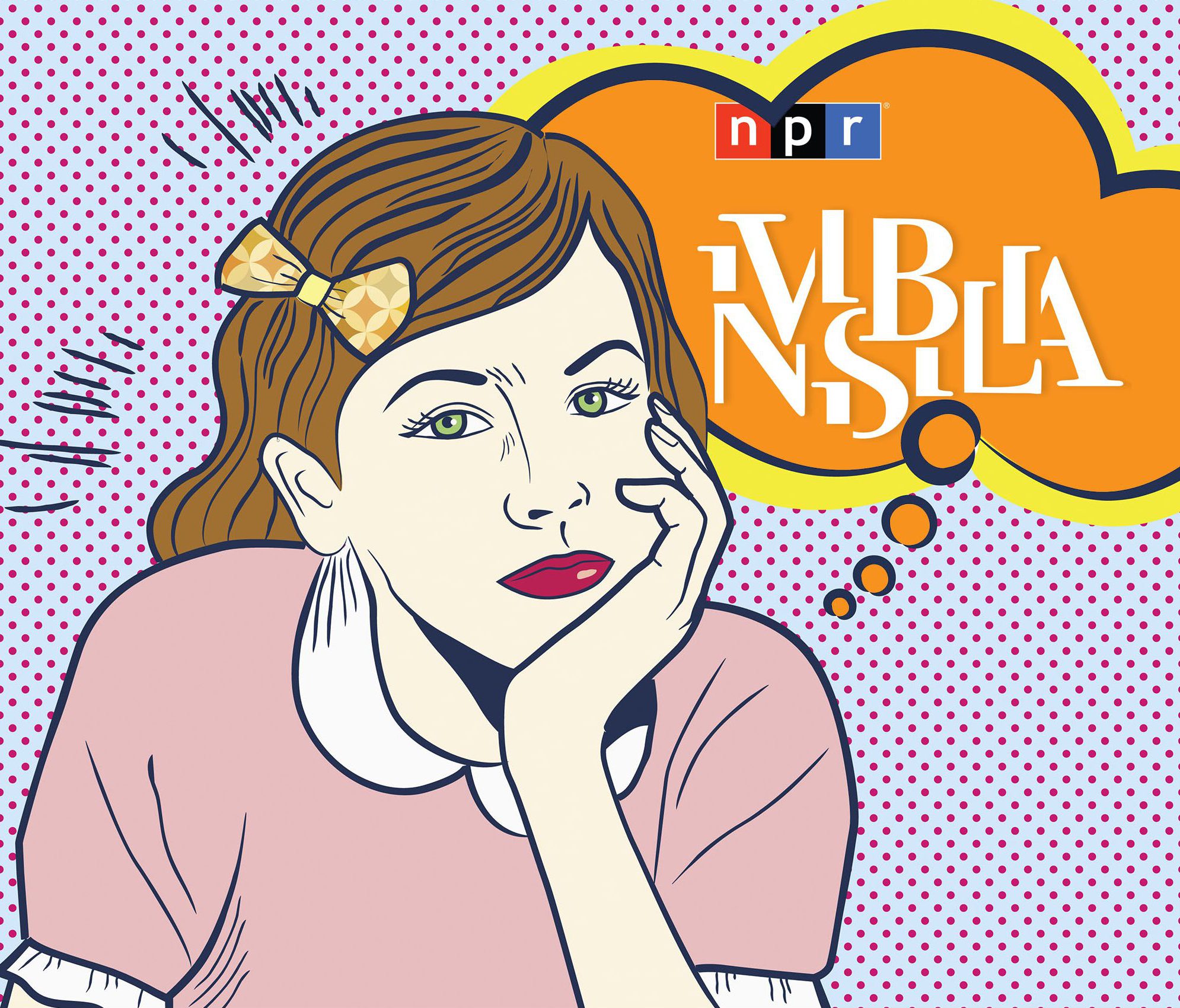
NPR’s fascinating podcast Invisibilia is back for its third season, and all is right with the world. Now we can all geek out about the strange ways our minds and bodies work and have everything we thought we knew about ourselves turned on its head.
The first episode is a heavy hitter, covering a few stories and research discoveries that reveal different facets of human emotions: where they come from, how they affect us, and whether we can control them. The hosts spend most of the episode discussing a Missouri supreme court case that resulted from a fatal car accident. In the accident, a car came across the median and hit an eighteen-wheeler traveling in the opposite direction. A small child in the car was killed. The truck driver did not suffer any injuries but did develop PTSD following the accident and was unable to work for months. He eventually sued the family for the death of their daughter because of the emotional trauma it caused him, arguing that the damage to his mental health was on par with physical damage. The court ruled in his favor, upholding an increasingly popular idea that we cannot control our emotions.
As they delved into this story, I thought it was somewhat extreme for the truck driver to sue the family, considering they were the ones who lost a child, but I was also fairly convinced that, in most situations, we cannot control our emotions. Then the episode took a turn and said that the court case might have been based on an inaccurate view of emotions.
Ok, Invisibilia, you’ve got some explaining to do…
The hosts then interviewed Lisa Feldman Barrett, a psychology professor and researcher, who has developed a new theory about emotions. Lisa hypothesizes that emotions are not hardwired into us but are constructed by our brain based on past experiences and what we’ve learned from our parents and society. Lisa argues that we have four raw sensations—pleasantness, unpleasantness, arousal, and calm—that our bodies register and that our brains then turn into emotions, based on what happened in association with those sensations in the past. Kind of like combining flour, eggs, sugar, and water to make cookies. At its most fundamental level, Lisa’s research argues that “emotions aren’t reactions to the world; emotions actually construct the world.”
The theory continues that if our brains create emotion based on concepts we have learned and developed, then we could alter certain concepts to control and reinterpret our emotions in a healthier way. Sounds simple enough, right?
On a very small scale, I can understand how this might hold true. Like when I do something wrong that is of very little consequence but nonetheless spend all day wallowing in shame and feeling sorry for myself, convinced that I am an utter failure. In that situation, yes, I could probably reframe that concept, give myself some grace, and move on with my life.
Outside of that, though, I pretty much hate the idea that in the chaos of everyday life I should control and keep tabs on one more thing. And it’s no small thing either. It’s my emotions which run the whole gambit in any given hour, let alone a day or week. I will fail. It is inevitable.
And what about those few moments when I feel like I have a grip on my emotions? How will I know if it’s enough of a grip? What if my roommate or coworker has a better grip on his or her emotions than I do? And then it’s just a downward spiral from there.
But isn’t this just life as a post-Fall human? We are all burdened by these imperfect emotions that tell us lies about ourselves and those around us. They are off-kilter just like everything else in this world. And no amount of research will fix that this side of heaven. Although Invisibilia doesn’t offer a tidy answer to the problem of our swirling emotions, Jesus constantly reminds us that the ultimate relief from this, and every burden, is at the foot of his cross, and to that we will cling for dear life until his return.

COMMENTS
One response to “#allthefeels: Trying to Control Emotions in a World of Chaos”
Leave a Reply















Barrett’s book (“How Emotions are Made: The Secret Life of the Brain”) has a lot more specifics than could fit into a few minutes on a radio show. It’s not as dire as you think. 🙂 Controlling emotions in the moment is always hard, she says, but you can adjust your FUTURE emotional life (how your brain predicts) by learning in the present. It’s pretty neat.